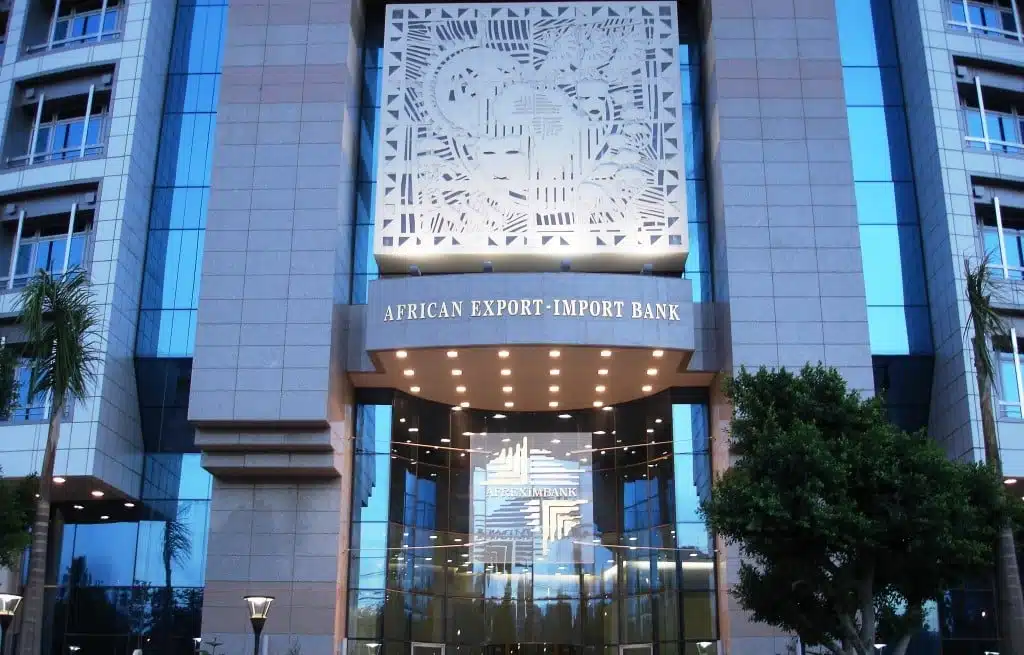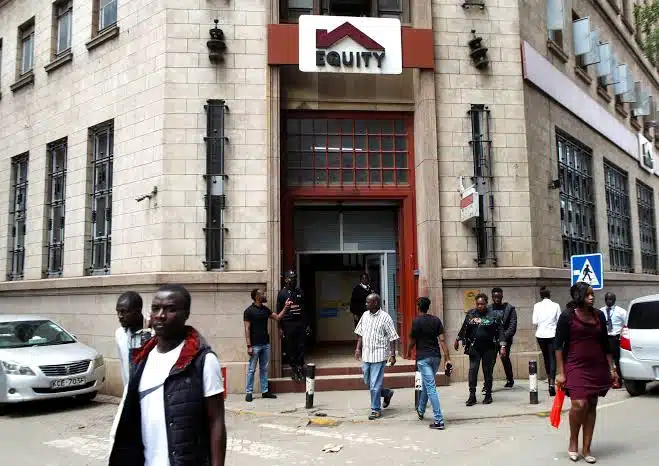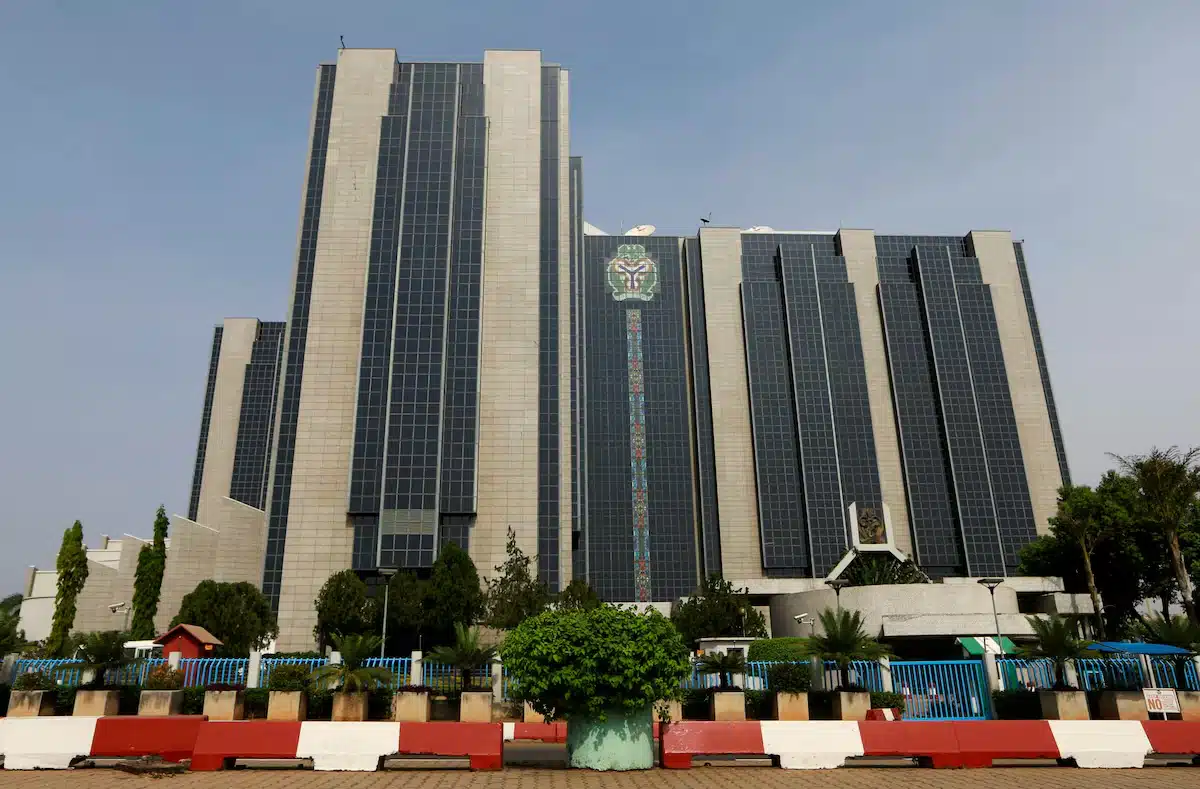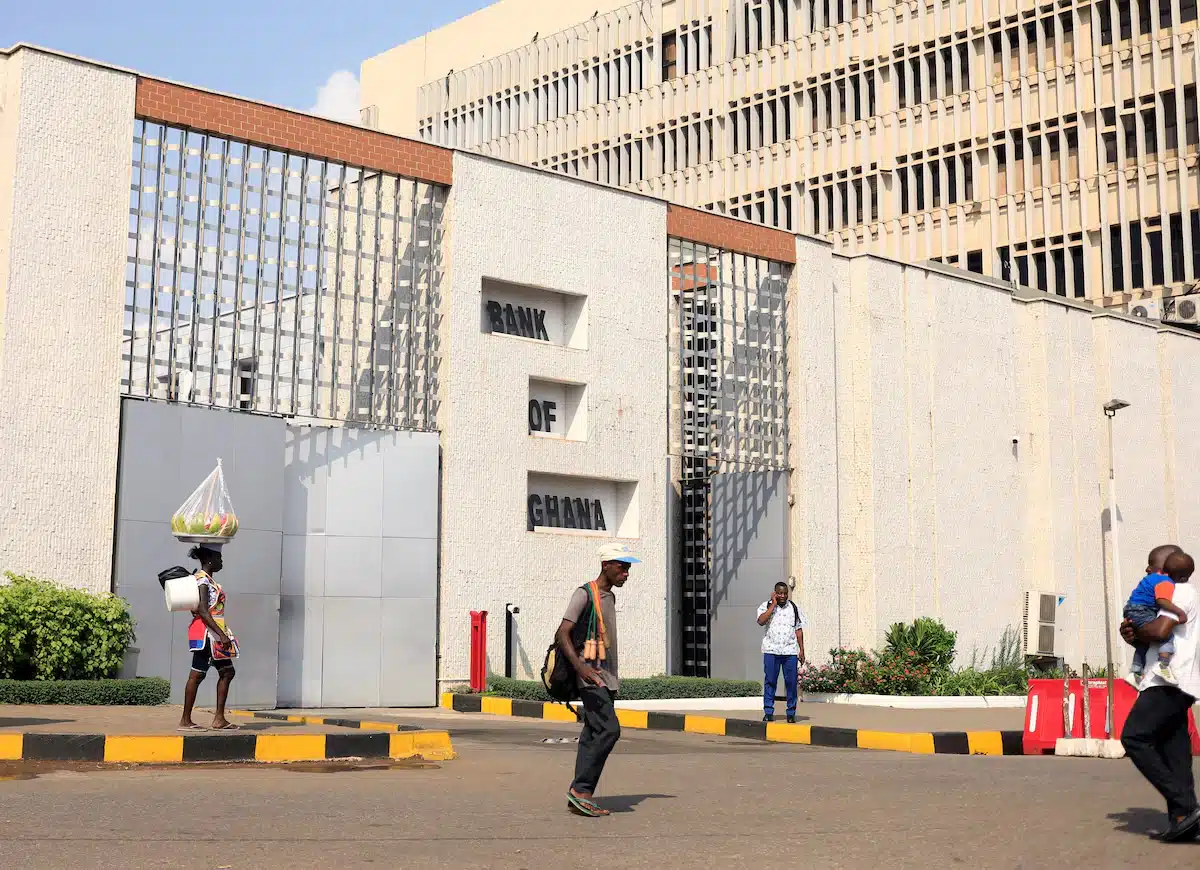Moody’s, a global credit rating agency, has downgraded the African Export–Import Bank (Afreximbank) over concerns about rising credit risks tied to its growing exposure to debt-distressed African sovereigns, particularly Ghana and Zambia.
The downgrade cuts Afreximbank’s credit rating to Baa2, just two notches above junk status, with a stable outlook. While the stable outlook signals confidence in the bank’s ability to meet its obligations, investor concerns are mounting as its exposure to risky sovereign debt grows.
The rating downgrade to Baa2 is driven by weaker asset performance than previously expected, which negatively impacts capital despite some mitigating factors, according to a statement by Moody’s on Tuesday.
“The bank’s recent shift to unsecured lending to sovereigns under stress has introduced significant risks, diverging from its typical focus on trade finance, and heightened its sensitivity to its difficult operating environment,” it said.
Moody’s added that sovereign lending to Ghana and Zambia poses capital risks, as the common framework mandates restructuring comparable to private-sector creditor losses. “Moreover, the bank’s funding quality, once a key strength, has eroded due to a less extensive range of funding sources, which we expect to continue.”
The rating action comes shortly after Afreximbank appointed George Elombi, a Cameroonian legal and governance expert, as its new president. It also follows a Fitch downgrade in June, which cut the bank’s rating from BBB to BBB-, sending its bonds to their lowest level in a year before a partial recovery.
Analysts say that lower credit ratings could translate to higher funding costs for Afreximbank, potentially impacting its lending capacity and pricing for African borrowers.
Sovereign lending under the spotlight
Moody’s flagged Afreximbank’s increasing shift from traditional trade finance toward unsecured sovereign lending, particularly to governments undergoing debt restructuring. While the bank reported a modest Non-Performing Loan (NPL) ratio of 2.44% as of Q1 2025, its sovereign exposure is attracting scrutiny.
Both countries are restructuring under the G20 Common Framework, requiring creditors—including Afreximbank—to accept terms no less favorable than private bondholders. For example, Ghana’s 2024 debt deal involved a 37% haircut for private creditors. Afreximbank is expected to absorb similar losses.
In 2025, Ghana secured $2.8 billion in relief from 25 creditors, deferring payments originally due between 2022 and 2026 to as far out as 2039–2043, at concessional rates of 1–3%.
Funding pressures mount
Moody’s also warned that Afreximbank’s funding model faces strain. The bank has raised liquidity through instruments like a $520 million Samurai bond and a $303 million Panda bond, but these are modest relative to its overall funding needs.
While liquidity buffers have grown to $9.5 billion, Moody’s cautioned that maintaining such high reserves is costly and unsustainable.
Despite the downgrade, Afreximbank retains key strengths: robust shareholder backing, strong profitability, and loan loss provisions covering nearly 50% of its sovereign exposures.
Still, with tighter access to capital markets and mounting pressure from debt-distressed borrowers, the bank’s ability to balance its development mandate with financial stability faces a critical test.










